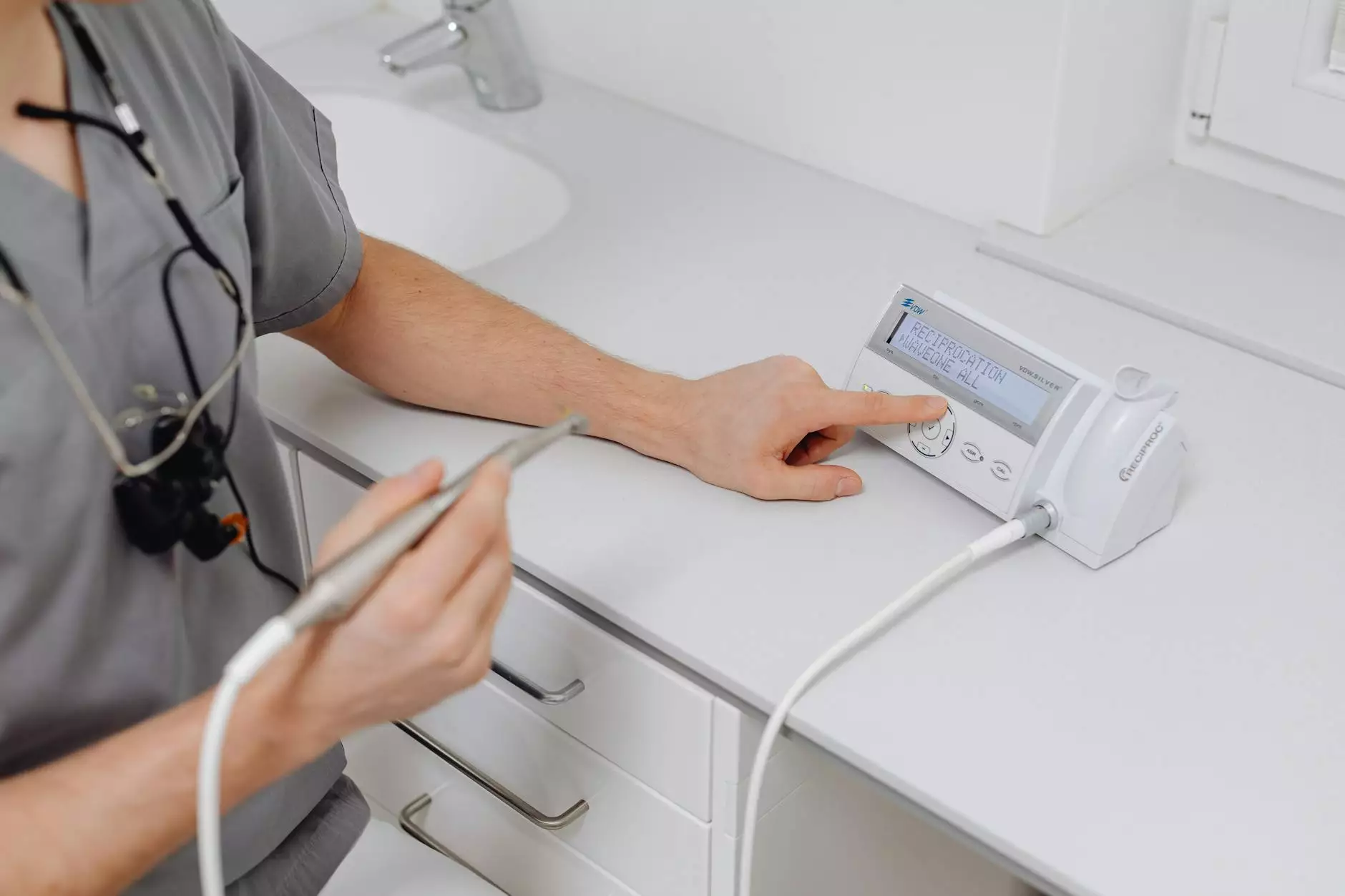Endoscope Enzymatic Cleaner: Revolutionizing Medical Equipment Cleaning

In the fast-paced world of healthcare, maintaining the highest standards of cleanliness and hygiene is paramount. One of the most significant advancements in medical technology is the development of specialized endoscope enzymatic cleaners. These innovative solutions are not only vital for ensuring patient safety but are also crucial for the longevity and efficiency of endoscopic equipment.
Understanding Endoscope Enzymatic Cleaners
Endoscope enzymatic cleaners are designed specifically for the cleaning and reprocessing of endoscopes after medical procedures. Endoscopes are delicate instruments used to examine the interior of various organs and cavities in the body, making them susceptible to contamination if not cleaned properly. These cleaners utilize a combination of enzymes and surfactants to break down organic matter, ensuring thorough cleaning.
Why Are Enzymatic Cleaners Essential?
The use of enzymatic cleaners is critical for several reasons:
- Effective Removal of Biological Debris: Enzymes in these cleaners effectively digest proteins, lipids, and carbohydrates, ensuring that all residues from prior procedures are eliminated.
- Reduction of Cross-Contamination Risk: Proper cleaning with these solutions minimizes the risk of infections caused by reused instruments. This is crucial in protecting patient health.
- Compliance with Regulatory Standards: Healthcare facilities must adhere to strict cleaning protocols set by regulatory bodies. Utilizing enzymatic cleaners helps comply with these mandates.
- Equipment Longevity: Regular use of enzymatic cleaners protects endoscope surfaces from buildup, enhancing their lifespan and performance.
How Do Enzymatic Cleaners Work?
Enzymatic cleaners work through a biochemical process. They contain specific enzymes that target different types of organic materials. Here’s a breakdown of their functionality:
- Proteases: These enzymes target proteins, breaking them down into smaller peptides and amino acids, which are easier to wash away.
- Amylases: Responsible for breaking down carbohydrates, amylases help eliminate starches and sugars.
- Lipases: These enzymes digest fats and oils, crucial for removing greasy residues often found on endoscopes.
Choosing the Right Endoscope Enzymatic Cleaner
Not all enzymatic cleaners are created equal. Selecting the right product for your healthcare facility is essential. Here are some factors to consider:
1. Compatibility with Instrumentation
Ensure that the enzymatic cleaner is compatible with the specific materials used in your endoscopes. Using a cleaner that is too harsh can damage delicate components.
2. Cleaning Efficacy
Opt for cleaners that have proven efficacy in clinical settings. Look for studies or clinical trial results that demonstrate their effectiveness against common pathogens and debris.
3. Ease of Use
The cleaner should be easy to use and integrate into your existing cleaning protocols. Consider whether it requires dilution, soaking times, and specific application methods.
4. Environmental Impact
Choose a product that is environmentally friendly, which will not only reduce your healthcare facility's ecological footprint but may also improve staff satisfaction.
Best Practices for Cleaning Endoscopes
To achieve optimal results with endoscope enzymatic cleaners, following best practices is essential:
- Immediate Cleaning: Clean endoscopes as soon as possible after use to prevent organic matter from drying and adhering to surfaces.
- Pre-Cleaning Rinse: Perform a rinse to remove gross debris before applying the enzymatic cleaner.
- Soaking Time: Follow the manufacturer's instructions regarding soaking times to ensure effective enzymatic activity.
- Thorough Rinsing: After soaking, rinse the endoscopes thoroughly with water to remove any residual cleaner.
- Documentation: Ensure proper documentation of cleaning procedures to maintain compliance and track equipment usage.
Benefits of Using Endoscope Enzymatic Cleaners
Utilizing endoscope enzymatic cleaners presents numerous benefits for healthcare facilities:
- Improved Patient Safety: Enhanced cleaning leads to reduced infection rates, creating a safer environment for patients.
- Operational Efficiency: Streamlined cleaning procedures save time and resources, allowing staff to focus on patient care.
- Higher Quality Outcomes: Cleaner instruments contribute to better clinical outcomes, as effective cleaning reduces the chances of procedural complications.
- Cost-Effectiveness: Investing in quality enzymatic cleaners can lead to lower long-term costs by extending equipment life and minimizing repair needs.
Conclusion
In conclusion, the importance of endoscope enzymatic cleaners in the healthcare landscape cannot be overstated. These cleaners not only ensure the highest standards of hygiene and safety but also support the operational efficiency of medical facilities. By understanding their functionalities, selecting the right products, and adhering to best practices, healthcare professionals can significantly enhance patient outcomes and maintain the integrity of their equipment.
For more detailed information and to explore high-quality medical supplies, visit medalkan.com.









